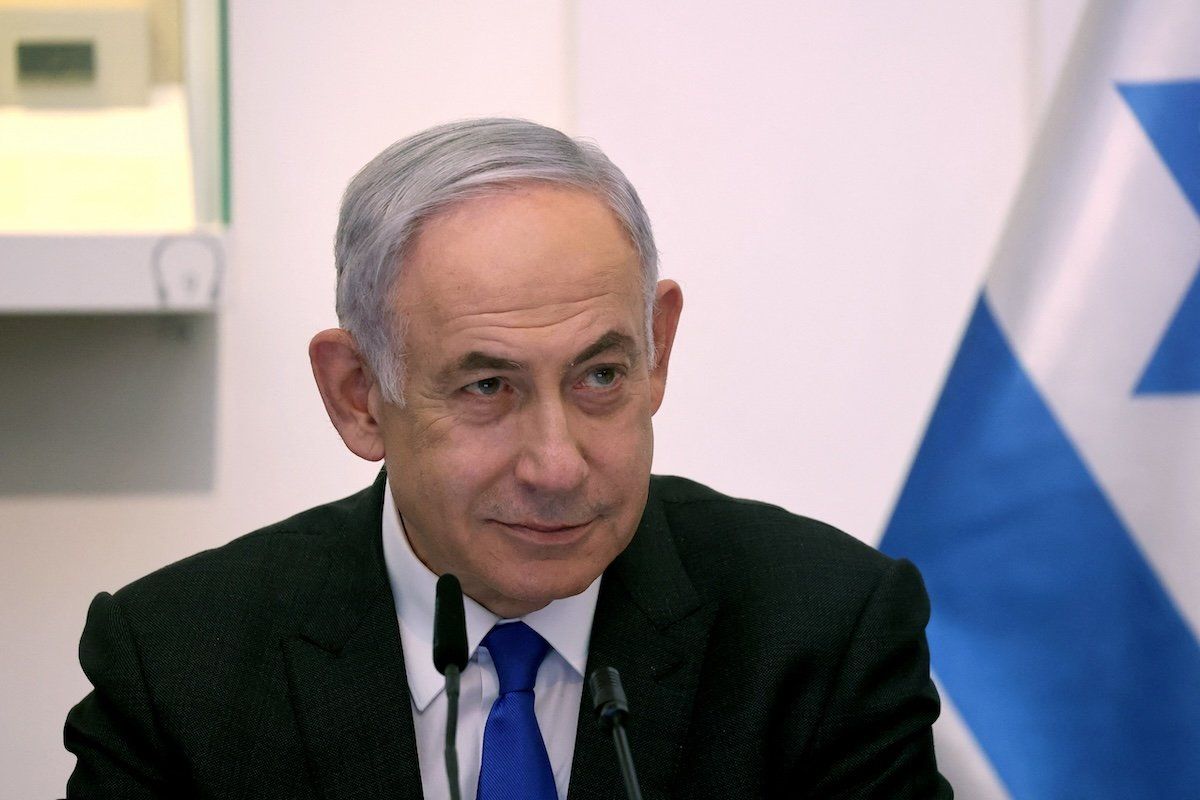Israeli Prime Minister Benjamin Netanyahu on Wednesday warned that Israel was ready for “very intense action” near its border with Lebanon amid rising tensions with the powerful Iran-backed militant group Hezbollah.
The question of whether Israel will open up a two-front war by launching an offensive against Hezbollah in Lebanon has been looming over the region since Hamas attacked on Oct. 7 and the devastating conflict in Gaza began. On Thursday, an Israeli air strike on a UN school packed with hundreds of displaced Palestinians in central Gaza reportedly killed at least 35 people.
For months, Israel and Hamas have routinely traded cross-border fire – often with deadly consequences. Tens of thousands of people on both sides of the border have been pushed out of their homes because by hostilities. Hezbollah rocket attacks led to wildfires in northern Israel this week.
Netanyahu is now facing pressure from far-right members of his coalition government to take action. National Security Minister Itamar Ben-Gvir in a Telegram post on Wednesday said, “All Hezbollah strongholds must be burned and destroyed. War!”
This comes as even US President Joe Biden, one of Israel’s few steadfast allies on the global stage, says it’s not unfair to conclude that Netanyahu sees the war in Gaza as a political lifeline. It’s possible that the Israeli leader might now view an offensive against Hezbollah as another support beam for his flimsy coalition.
Regardless, the US and other major powers have been working for months to avoid seeing the Gaza war spark a wider conflict, which would only inject more chaos into the region. We’ll be watching to see what Netnayahu’s next move is in the days ahead.
